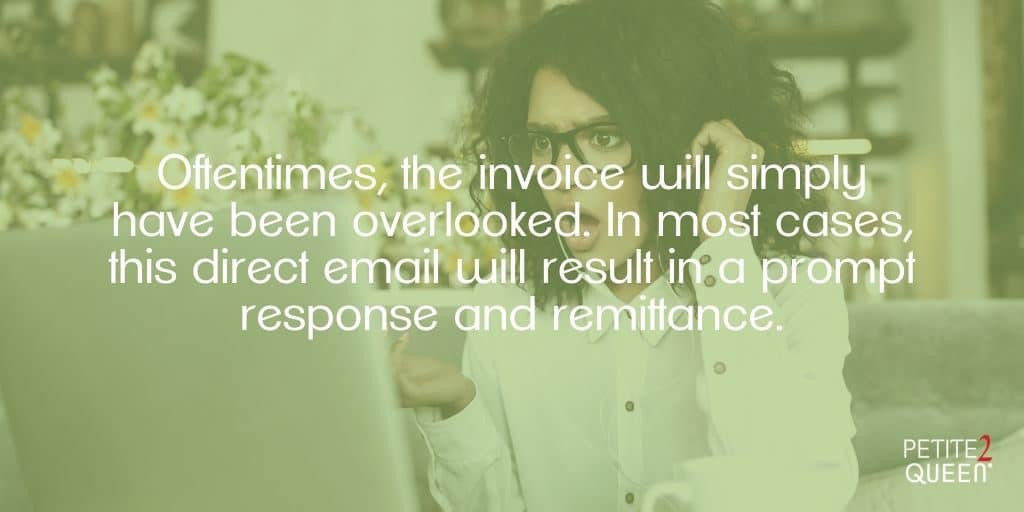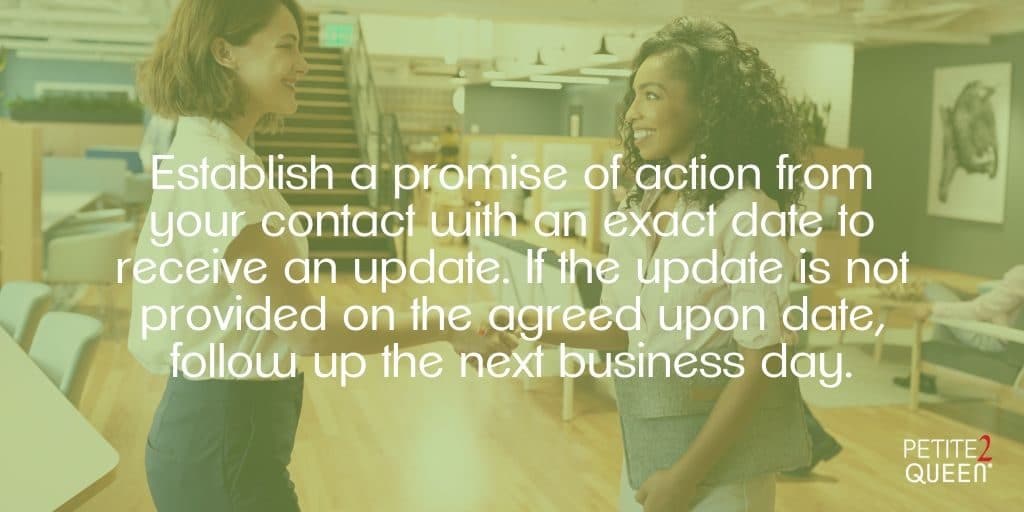We’ve all been there: A customer has missed a payment or fallen behind in their account. While prevention is the best medicine, here we are, and we need resolution. How can we help our accounts payable team and receive remittance? When our client is resistant to paying the invoice, how do we respond? The following steps will help you collect past-due payments while still preserving your good business relationships.
When to Make Contact After a Missed Payment
Every company should have an Order-to-Cash cycle (or OTC) set up; if you don’t have one yet, you need one, pronto. Your internal team and your clients must be aware of and understand this from the start. They know what the process is and when to expect the invoice.

Likewise, your organization should have OTC triggers in place. These triggers determine when and how you contact the client regarding a delinquent payment. The pre-determined system triggers will guide your internal team. Once you are alerted, immediately take action and follow your processes.
When you are first making the contact, start with a simple email:
“Hi Charles, following up on invoice number 1234. Please send me a payment update and I’ll pass it along to our accounting department. I’ve attached a copy of the invoice for your convenience. Appreciate your help!”
Oftentimes, the invoice will simply have been overlooked. In most cases, this direct email will result in a prompt response and remittance. If you do not receive a response, then you must continue to follow up as outlined in your OTC procedures. The frequency and method of contact should follow a process plan. If there is no plan, you need to establish a standing operating procedure for this scenario. In the short term, though, the following steps may be effective:
- Week 1 – initial email
- Week 2 – follow up call; if no response, also send email
- Week 3 – onsite visit if possible; if not, call and email, then notify your management
- Week 4 – escalate to management
How to Approach External and Internal Communication
Be proactive by fostering open communication channels. Some people are sensitive about the subject of money, and many people don’t like feeling like they’re in the wrong. Not everyone responds well to being told their organization is overdue on a payment. To minimize embarrassment or negative reactions, stick to the facts and always be calm, polite, and firm.

You should be prepared for different issues that may arise during the collections process. Some clients may deflect; for example, they may say the payment is in queue or they need to check with someone else within their company. But if they’re not giving a specific timeframe, you need to get one. Establish a promise of action from your contact with an exact date to receive an update. If the update is not provided on the agreed upon date, follow up the next business day.
On the other hand, the client may have a question or objection that needs to be addressed. There could be missing information or documentation of the goods or services provided. Promptly collect and submit the elements required to resolve. Be familiar with the details of their invoice and prepared to clarify any confusion or misunderstanding. Throughout the process, it is imperative to maintain your professionalism and be helpful in resolving the situation. Your objective is to move the process forward and secure payment while still maintaining your good relationship.
Include your internal departments and key individuals in the conversation whenever appropriate, and keep your internal team updated as to your progress and any concerns that may develop. If there is a disagreement or serious red flag, alert your management immediately.

When to Escalate It
Despite your best efforts, there will occasionally be situations that you can’t resolve. The client may outright refuse to pay the invoice. They may be completely unresponsive and impossible to reach. Some clients will refuse to work with you specifically. Whatever the situation, don’t delay. Escalate the case to your management. Once transferred, they will determine what the best course of action.
Throughout the collections process, it’s important to stay on top of the situations and clearly communicate the progress and status. Never postpone contacting your client about a late payment. When you are directed to step in, or you feel you may be able to resolve quickly, take immediate action. The success of your organization depends upon timely payments. It’s your duty, your responsibility, and in your best interest to ensure you get it.
Petite2Queen provides virtual mentoring to young women in life, at work, and in sales. Follow us for more practical advice you can put to use to improve your life and career.

Amanda Whitbeck is Vice President of Operations at Petite2Queen. Since earning her master’s degree in Global Entertainment & Music Business from Berklee College of Music, Amanda has played key roles facilitating growth at start-ups. She’s also worked in diverse sectors of the music industry, from live events promotion to entertainment journalism. She brings her expertise in music business, writing, and website development to Petite2Queen.

